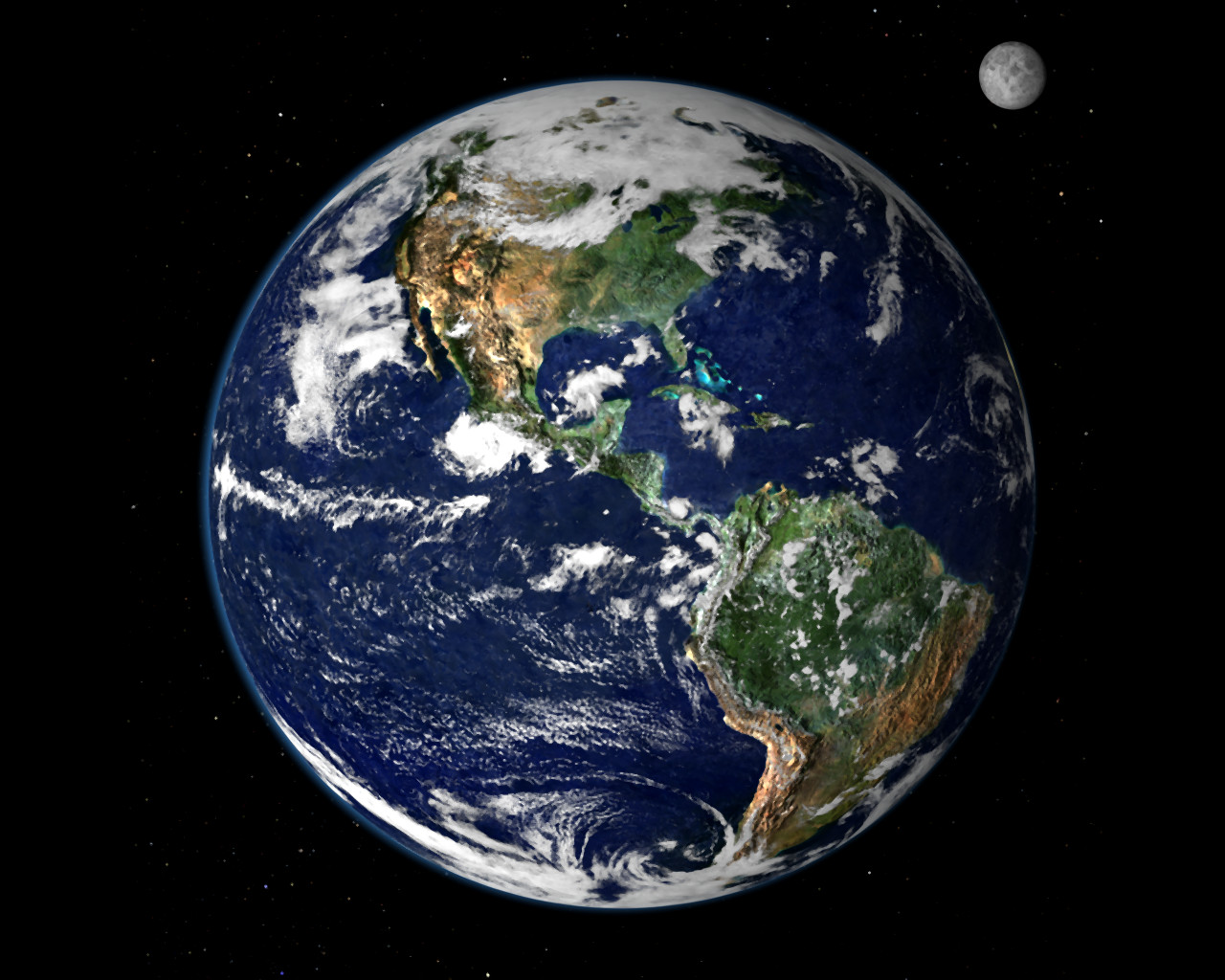
I HAVEN’T seen it in a long time; not since I settled in Europe six years ago. Now, from the window of some pub in Yorkshire and past 12 midnight, there it sits like a fading rose on some fading bluish cloth.
PEOPLE, PLACES AND DEVELOPMENT WITH MTHULISI MATHUTHU
The owner of the pub, who has announced that he is closing, can notice that my attention is on something.
“It’s the moon,” I say pointing up the sky and in answer to his enquiry as he and a range of other patrons, gather behind me. In a jiffy, the restaurant resembles Ezeulu’s compound at the beginning of Achebe’s Arrow of God — where the entire household gathers to witness the emergence of the moon.
Gazing fixedly at it, I can see scraps of clouds racing past its face. One hardly sees the moon nor stars here; let alone the galaxy — that tropical spectacle which arcs the African night sky like a satiated python on a grass plain.
“What does it remind you of,” asks the owner of the inn. “Many things,” I say. Apollo 11, the 1986 Space Shuttle Challenger, Don Williams’s Yellow Moon, the Moon and the Cross restaurant — my other stamping ground in Waltham Cross in North London. In fact, many things as I have said.
But, most of all, I am reminded of the old days when, as village boys, we played soccer under the full glare of the moon up to 12 midnight or when we counted the fireflies as they criss-crossed the compound air space or when we laid face-up in the open space after supper to count the stars.
As we saw it then, the moon had inscribed within its circumference, the image of a woman — a baby strapped on her back and a bundle of fire wood on her head-walking home.
- Chamisa under fire over US$120K donation
- Mavhunga puts DeMbare into Chibuku quarterfinals
- Pension funds bet on Cabora Bassa oilfields
- Councils defy govt fire tender directive
Keep Reading
Now, so many miles away from the village in which I grew up and so many years after those modest pastimes were scattered by the gales of adulthood, I search for that image.
Because of the clouds racing across the face of the moon, it is not easy to make out what it resembles and yet there is some image still. Talking of playing by the moonlight, I am reminded of the folktale of a yellow, naked spur fowl from kwaGasa which pilfered maize seed during the planting season under the full glare of the moon.
So clever was it, so goes the tale, that to escape snares set by the farmers, the spur fowl would wait until the moon rose before venturing on its pillaging mission.
And so famous was this bird that it gave the Ndebele language a proverb.
More than anything, I am feeling like an African village dog. Except that, unlike it, I will not bark. On seeing the moon shooting out of the eastern horizon, a dog would burst into a panicky loud and incessant bark which markedly descended into a loud and long howl at whose end other dogs would pick up the howl sending it to the other end of the village until the entire night was abuzz with a piercing symphony of dog choir.
“Witches returning from their chores this early, some misfortune on its way,” the elders would say shaking their heads. The witches, so went the talk, usually set out when everybody was already asleep riding on the back of hyenas which galloped faster than donkeys. For the dogs to howl before bedtime meant that the witches had become so daring as to venture out under the community’s nose.
About to set out, I tell the Greek man, for that’s the nationality of the pub owner, that we have many uses of the moon in Africa. It enriches our language. A calendar month, for example, is named after the moon; so is the African medicine man. When a woman is in her periods, we euphemistically refer to her as having visited the moon.
In its physical form and literal sense, the moon provides light for night time and free entrainment for the children. Also, a moonlit summer night is good for harvesting bee honey. To make the bees drowsy, one burns a disused tyre and shoves it into the bee hole and then harvests the honey.
A moonlit night also feeds into our superstitions. For example, on seeing the half moon dangling up there in the sky we, knowing that it signals the coming of some disease, wave it away with a little figure.
Finally, I set out into the night wind. Headed home and my jacket ballooning behind me, I cross the road. My eyes still stealing up there and I see the moon swallowed by a huge, dark rolling cloud; and it’s clear I won’t see it again this night.
But behind it leaves many thoughts and memories racing through my mind. Other than those shared at the inn, I think too of King Mzilikazi Khumalo — the founder of the Ndebele state’s praises. I think of that part where he is likened to the moon.
Inyanga abathi uzulu ifile kanti ithwasile/Ithwase ngoNyakana kaMpeyana.
“You are the moon the people said had set/Yet it was just rising/It rose in the year of Mpeyana.”
Mthulisi Mathuthu is a London-based Filabusi-born journalist and researcher. His recreations include jazz, books and travelling.










